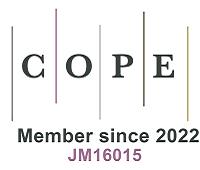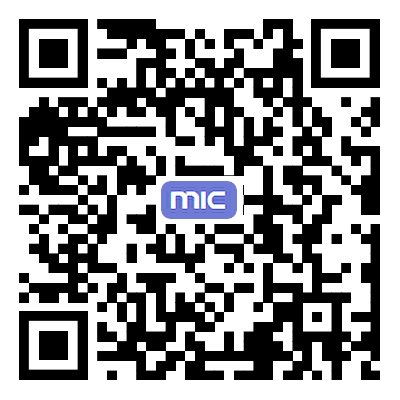Research Article | Open Access
Ameliorating the microstructure and mechanical properties of Al-Cu-Li alloy through aging temperature in a novel thermo-mechanical treatment
Views: 36
Microstructures 2025;5:[Accepted].
Author Information
Article Notes
Cite This Article
Abstract
Developing high-strength and ductility wrought aluminum-lithium alloys has been a longstanding objective in the aviation and aerospace industry. However, the conventional T8 thermo-mechanical treatment (TMT) process faces challenges in overcoming the strength-ductility compromise in aluminum-lithium alloys. The precipitates-dislocation interaction is critical in governing the balance between strength and ductility. When the aging temperature exceeds 175 °C, the T1 phase thickens, making it difficult for slip dislocations to shear the coarser T1 phase. This results in severe matrix distortion near the precipitates, thereby reducing ductility. In contrast, aging at 150°C promotes the formation of fine, shearable T1 phases, facilitating uniform plastic deformation across multiple slip planes and achieving a balance of high strength (~705 MPa) and ductility (~11.8%). Aging at 120°C further improves ductility (~12.4%) due to the coexistence of sparse T1 phases and large amounts of Guinier–Preston (GP) zones, which promoted dislocation cross-slip. Our findings highlight the critical importance of precisely controlling the relative amount, size, and distribution of GP zones and T1 precipitates to achieve superior mechanical performance in Al–Cu–Li-Mg-Ag alloys.
Keywords
Al-Cu-Li alloy, precipitation, microstructure, mechanical properties
Cite This Article
Xu X, Tong X, Wu G, Zhang L. Ameliorating the microstructure and mechanical properties of Al-Cu-Li alloy through aging temperature in a novel thermo-mechanical treatment. Microstructures 2025;5:[Accept]. http://dx.doi.org/10.20517/microstructures.2024.143
Copyright
© The Author(s) 2025. Open Access This article is licensed under a Creative Commons Attribution 4.0 International License (https://creativecommons.org/licenses/by/4.0/), which permits unrestricted use, sharing, adaptation, distribution and reproduction in any medium or format, for any purpose, even commercially, as long as you give appropriate credit to the original author(s) and the source, provide a link to the Creative Commons license, and indicate if changes were made.













